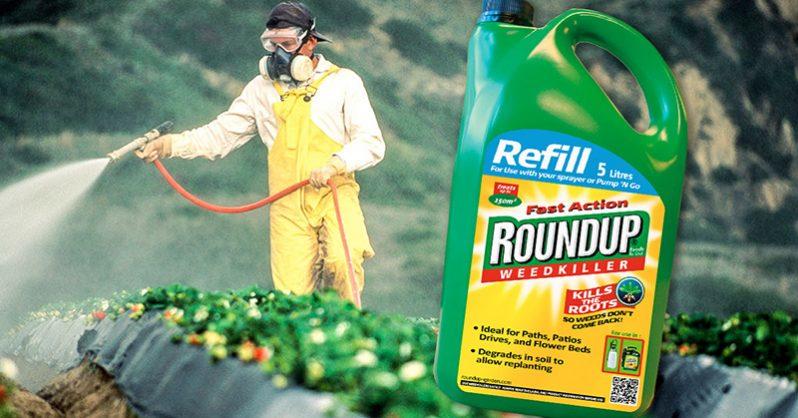A comprehensive analysis of glyphosate - the most widely used weed-killing chemical in the world - reveals that those with the highest exposures to the popular herbicide have a 41% increased risk of developing non-Hodgkin lymphoma (NHL) cancer.
The meta-analysis of six studies containing nearly 65,000 participants also looked at links between glyphosate-based herbicides and immunosuppression, endocrine disruption and genetic alterations.
The study authors said their new meta-analysis evaluated all published human studies, including a 2018 updated government-funded study known as the Agricultural Health Study (AHS). Monsanto has cited the updated AHS study as proving that there is no tie between glyphosate and NHL. In conducting the new meta-analysis, the researchers said they focused on the highest exposed group in each study because those individuals would be most likely to have an elevated risk if in fact glyphosate herbicides cause NHL. -The Guardian
"Together, all of the meta-analyses conducted to date, including our own, consistently report the same key finding: exposure to GBHs are associated with an increased risk of NHL," concludes the report.
The study, which looks at both human and animal studies also suggests that glyphosate "alters the gut microbiome," which could "impact the immune system, promote chronic inflammation, and contribute to the susceptibility of invading pathogens."
Furthermore, glyphosate "may act as an endocrine disrupting chemical because it has been found recently to alter sex hormone production" in both male and female rats.
More


1 comment:
There probably isn't a person in the U.S. who hasn't been exposed.
Post a Comment